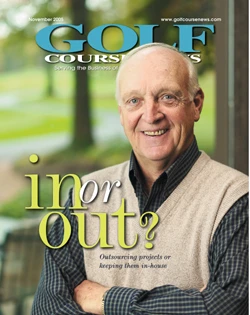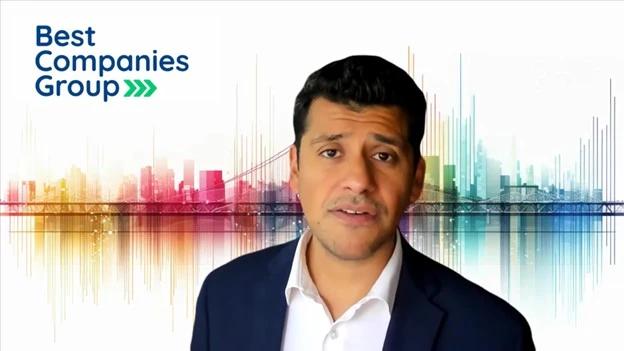|
|
The golf pro always gets what he or she wants.”
“Why don’t my employees do what I tell them?”
“I wish I had more influence with the green committee.”
“Employees frustrate me.”
As I teach and interact with golf course superintendents, I frequently hear comments like the ones above. So why do superintendents often feel like this? They’re caught in the middle of their organizations. It’s expected they recruit, train, supervise and coach their employees so the course is in great shape. Often, however, they perceive that others – the owner, green committee, director of golf and golf pro – have too much say defining great shape. The resulting frustration comes from a perception that they have too little influence on course expectations, and less success than they expect of themselves when motivating employees to meet the course expectations.
Both frustrations are related to influence and can be reduced by understanding the limitations of formal power and the magnitude of informal power. Influence is defined as affecting the behavior of other people – in this case, the leaders of the golf course and employees.
Most superintendents believe they should have more influence with the leadership of the course or club. They don’t have sufficient formal power – the power given to the person in the formal position (see table). The owner, director of golf, executive committee chair and green committee chair are perceived to have more formal power. The perception is that only those with formal titles have power, but nothing could be further from the truth. Let me illustrate with a personal experience:
Years ago, I had a farm owner/manager come to me after a two-day leadership workshop and say: “I’m going home to get my farm back!” Before the workshop, he had assumed that because he was the owner, he was the one all of his employees were following. He sensed something wasn’t right but didn’t know what it was. After learning about the many sources of power and considering what was happening on his farm, he recognized a long-time employee was the one most influencing what was happening on the farm.
Formal power is one of seven forms of power (see table). All power but formal power is informal power that is available to everyone even if they have no formal power. You don’t need a formal title to use informal power.
You can have tremendous influence without a formal title. Here are ideas for using the following informal powers to increase influence with course leadership:
• Expert power. Everyone knows you’re the turf expert. That expertise brings you and your course ideas great respect. You also often have more education, knowledge and experience than others at your course in many additional areas such as leadership, supervision, financial analysis and interpersonal relationships. Use this expertise to generate great ideas. Power comes from great ideas that you’re able to communicate to other leaders.
• Information power. Based on access to information, this is similar to expert power. Use the access your knowledge, organizations and written materials give you to support your ideas and increase your influence.
• Personal power or charisma. Personal power is your ability to influence through effective interpersonal relationships.
• Reward power. Behavior is most determined by consequences. Positive feedback and other nonmonetary rewards are powerful.
If you want to influence people to follow you willingly, formal power and coercive informal power are the last choices. Formal and coercive power produce compliance but not willing followers. All leaders must use formal power on some occasions, but its use should be minimized.
Effective superintendents minimize formal power use and maximize informal power use – especially reward, personal and expert power – instead. Effective leaders use various informal power to gain commitment, enthusiasm and passion from their employees and only resort to the use of formal power when absolutely necessary.
Instead of focusing on using formal power with your employees and wishing you had more formal power, focus on maximizing informal power use – reward, personal, information and expert especially – in both situations. This should decrease your frustration level by increasing your influence with course leadership and increasing the motivation of your employees. GCN
Robert A. Milligan, Ph.D., is professor emeritus from Cornell University and senior consultant with Madison, Wis.-based Dairy Strategies. He can be reached at 651-647-0495 or rmilligan@trsmith.com.

Explore the November 2005 Issue
Check out more from this issue and find your next story to read.
Latest from Golf Course Industry
- Editor’s notebook: Green Start Academy 2024
- USGA focuses on inclusion, sustainability in 2024
- Greens with Envy 65: Carolina on our mind
- Five Iron Golf expands into Minnesota
- Global sports group 54 invests in Turfgrass
- Hawaii's Mauna Kea Golf Course announces reopening
- Georgia GCSA honors superintendent of the year
- Reel Turf Techs: Alex Tessman






